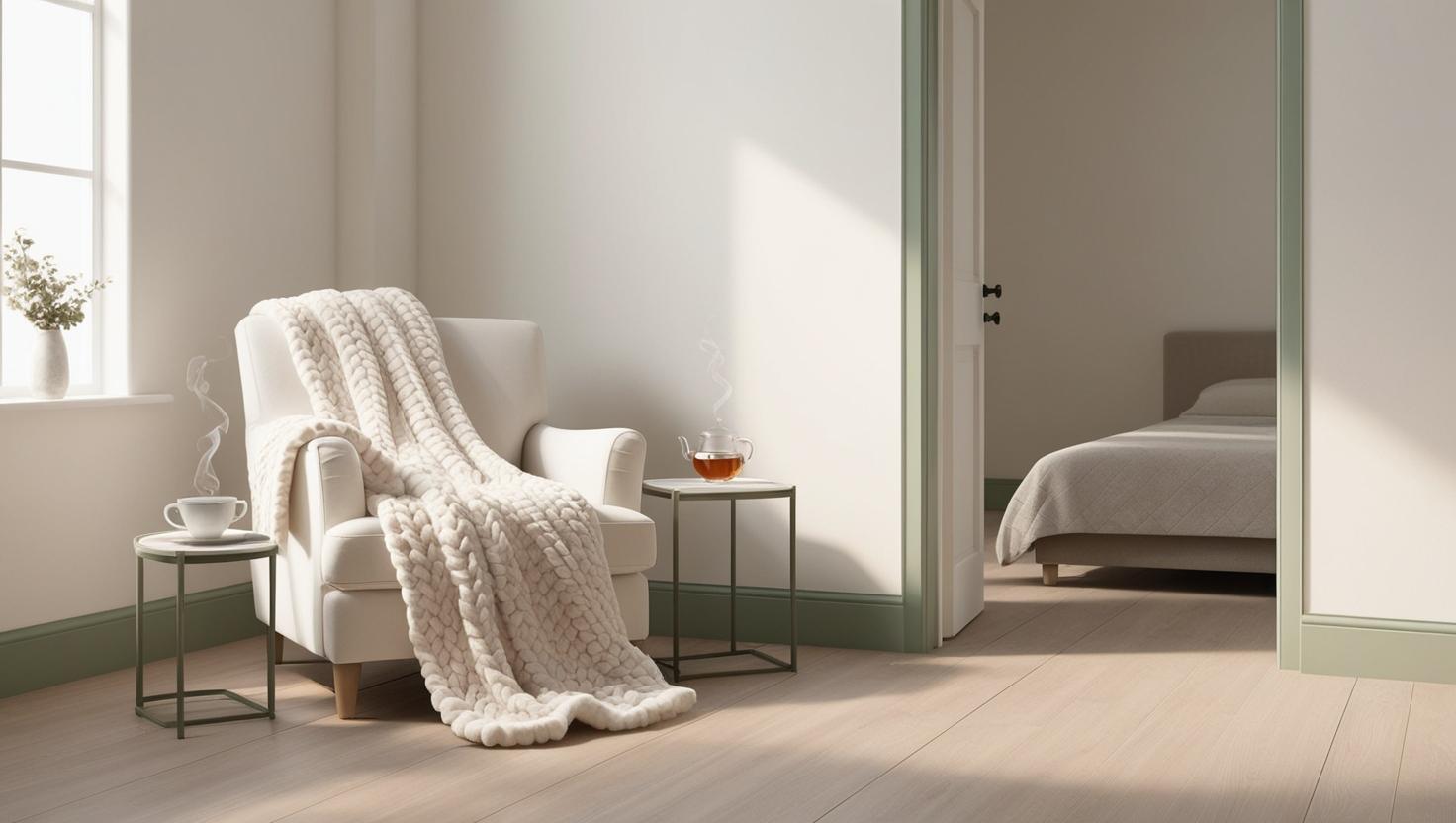
Table of Contents
To sleep or exercise? We all know the scenario: your alarm goes off at 6 a.m., and you face a familiar dilemma—hit the gym or hit snooze? In our fast-paced lives, with busy schedules and competing priorities, it’s not uncommon to find ourselves torn between getting more sleep or squeezing in a workout. But which should you actually prioritize for your health and well-being?
How Much Sleep and Exercise Do I Need?
The general guideline is straightforward: aim for 7–9 hours of quality sleep each night along with at least 150 minutes of moderate-intensity exercise each week. However, when life throws curveballs at us (which it often does), it can feel challenging to maintain this balance, leading to the uncomfortable choice between sleep or exercise.
How Does Not Getting Enough Sleep Affect Our Workouts?
Shortchanging your sleep can seriously sabotage your fitness goals. According to sleep specialists, inadequate rest impacts everything from reaction time and coordination to motivation and muscle recovery. Research indicates that sleep deprivation can lead to an increase in muscle soreness and a decrease in muscle mass, as the body relies on sleep to repair tissues. In fact, even just one or two nights of poor sleep can make your workout feel harder and less effective than usual. Studies show that sleep-deprived individuals can experience a 30% decrease in exercise performance and endurance. You might find yourself struggling to push through exercises that previously felt manageable, which can be disheartening and demotivating.
Sleep-Deprived? Focus On Getting Your Seven Hours
If you’re running on fumes, it’s wise to choose sleep or exercise. Experts agree that the benefits of rest far outweigh the downsides of skipping a single workout. When you’re sleep-deprived, your body is already under stress. Adding physical strain even with the best intentions can do more harm than good. Dr. Phyllis Zee, a leading sleep expert, emphasizes that sleep supports everything from brain function to emotional regulation. Moreover, Dr. Christopher Kline notes that missing a workout occasionally is far less damaging than experiencing chronic sleep loss. Research has found that consistent sleep deprivation can lead to long-term health issues, including cardiovascular disease and obesity.
Stressed Out? Skip The Morning Workout
When life feels overwhelming or you’re experiencing burnout, dragging yourself out of bed for an early workout may seem like a win but it could backfire. Elevated stress levels, coupled with lack of sleep, can lead to increased cortisol levels, which hinder your body’s ability to recover and adapt to exercise. High cortisol levels are linked to weight gain, particularly around the abdomen, and can negatively affect your immune system. Instead, consider adopting a gentler approach: prioritize sleep and look for low-impact ways to stay active later in the day. A leisurely lunchtime walk, some gentle stretching while your coffee brews, or an evening yoga session can still contribute to your overall activity level.
Bottom Line: Prioritize Sleep and Squeeze In Movement Where You Can
The good news is that you don’t have to choose between being well-rested and being active. The sweet spot lies in consistency with both, but when life forces a trade-off, lean towards prioritizing sleep. Once you’ve caught up on rest, get creative with movement throughout your day in ways that don’t require a full gym session. Whether it’s a brisk walk, a quick 10-minute YouTube workout, or even dancing around the kitchen while preparing dinner, remember that movement matters, even in small doses. In summary, both sleep and exercise are vital components of a healthy lifestyle, but in times of conflict, prioritize sleep for your physical and mental well-being.
If I’m a night owl, can I still get enough sleep and exercise?
Absolutely! Just because you thrive in the evening doesn’t mean you have to sacrifice your health. The key is to create a routine that suits your natural rhythms. Consider scheduling workouts later in the day when you feel more energized, and aim to wind down with calming activities as bedtime approaches. Remember, it’s about finding what works for you, whether that’s a midnight yoga session or a sunrise jog!
Can power naps really replace a full night’s sleep?
While power naps can be a great way to recharge, they’re not a substitute for a full night’s sleep. Think of naps as the cherry on top of a well balanced sleep sundae! A 20-30 minute nap can boost alertness and performance, but chronic sleep deprivation can’t be fixed with just a quick snooze. Instead, use naps strategically to enhance your energy levels, but prioritize getting your full sleep quota at night for optimal health.
Is there a “best” time of day to exercise for better sleep?
Great question! While the best time to exercise can vary from person to person, research suggests that working out in the late afternoon or early evening may be particularly beneficial for sleep quality. This timing helps to regulate your body temperature, promote muscle recovery, and can even align with your circadian rhythms. However, if mornings are your jam, don’t stress! The most important factor is consistency find a time that fits your lifestyle and stick with it. Your body will thank you!
What role do supplements like melatonin and magnesium play in improving sleep?
Supplements like melatonin and magnesium can be helpful allies in your quest for quality sleep. Melatonin is a hormone that regulates sleep-wake cycles, and taking it as a supplement can help signal to your body that it’s time to wind down, especially if you’re facing issues like jet lag or a disrupted sleep schedule. On the other hand, magnesium plays a crucial role in muscle relaxation and can help calm your nervous system, making it easier to drift off. However, it’s essential to talk to a healthcare professional before starting any supplements, as they can provide personalized advice based on your specific needs and health conditions.
